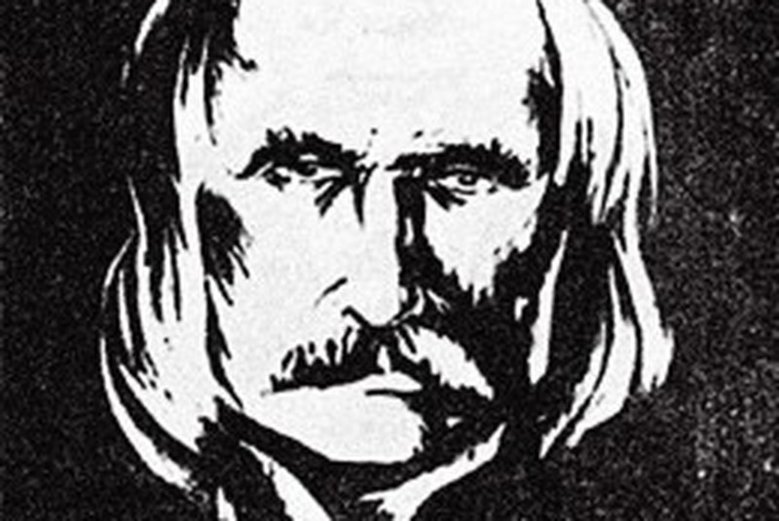1689 in England: Parliament passes and the King signs the Act of Toleration. The Act extends official toleration broadly, though not yet universally. Its subtitle:
“An Act for Exempting their Majestyes Protestant Subjects dissenting from the Church of England from the Penalties of certaine Lawes.”
Important philosophically was John Locke’s A Letter Concerning Toleration, which Locke wrote in 1685 and published in 1689. Locke argued that toleration, both by politicians and by the religious, should extend to all Protestant sects, Jews, Muslims, and pagans (though not in political contexts to Catholics and atheists).
Meanwhile, in Poland in 1689: Kazimierz Łyszczyński is brutally executed for disbelief. Łyszczyński was a Polish nobleman and philosopher who had been working on an atheist treatise. A bishop who witnessed his torture and killing described them this way:
“After recantation the culprit was conducted to the scaffold, where the executioner tore with a burning iron the tongue and the mouth, with which he had been cruel against God; after which his hands, the instruments of the abominable production, were burnt at a slow fire, the sacrilegious paper was thrown into the flames; finally himself, that monster of his century, this deicide was thrown into the expiatory flames; expiatory if such a crime may be atoned for.”
A “Public Choice” connection: Łyszczyński was brought up on charges because he was owed a lot of money by one Jan Brzoska. To avoid paying the debt, Brzoska stole a manuscript Łyszczyński was working on and turned it in to the religious authorities, who then proceeded to enforce laws against blasphemy and heresy. A clear example of how laws can be used for many purposes beyond those they are officially enacted to achieve.

And that is the kind of irrational and illegal world the globalists are plunging us into. A world devoid of individual rights and justice.